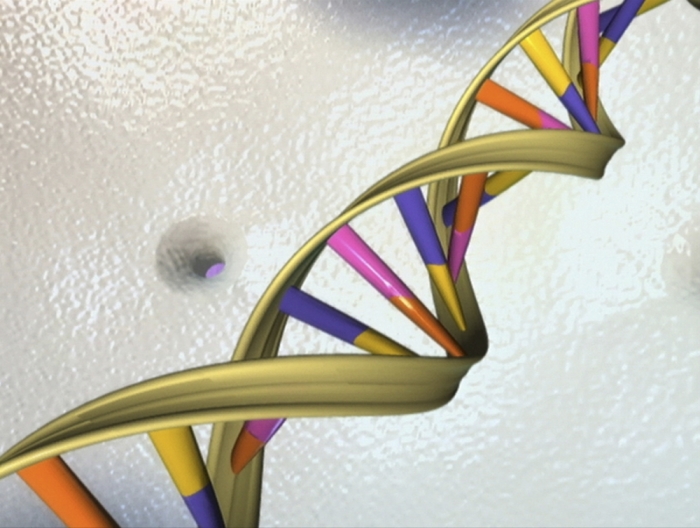Creationist Scientist Feels 'Ambivalent' About New Study Saying Most Life Forms Not Millions of Years Old

A biochemist and creation science advocate believes that a recent study indicating that most species on earth are far younger than millions of years does not truly challenge the Theory of Evolution.
Recently, the journal Human Evolution published a study titled "Why should mitochondria define species?" which garnered headlines for arguing, among other things, that 90 percent of species on earth are no older than 200,000 years.
Dr. Fazale Rana of the apologetics group Reasons to Believe told The Christian Post that he feels "ambivalent" about the study when it comes to the debate over origins.
"I am ambivalent about this study's usefulness for those of us engaged in scientific apologetics. This study has yielded unexpected results, but I personally wouldn't rely too heavily on this study to challenge the evolutionary paradigm," said Rana.
"There are much more powerful evidences for intelligent design available to Christians and many more significant problems faced by the evolutionary paradigm than the minor inconveniences caused by this study."
Rana has heard fellow Christian apologists discuss the significance of the study, but pointed out that the research still assumed an evolutionary model and that other species existed millions of years before current lifeforms.
"The researchers believe that this result is telling them something important about the evolutionary process and the recent history of life," Rana explained to CP.
"Though this finding was unexpected, it doesn't undermine the evolutionary paradigm, because the researchers think they can account for it through known mechanisms."
Published in the January-June edition of Human Evolution, the study was authored by Mark Young Stoeckle of the Program for the Human Environment at The Rockefeller University and David S. Thaler of the University of Basel.
Stoeckle and Thaler analyzed mitochondrial DNA from thousands of different animal species, including humans, to note the levels of genetic diversity present.
In an interview with CP late last month, Stoeckle explained that they found low levels of mitochondrial DNA genetic variation, which indicated a younger age for when various animal species appeared on earth.
"Our findings challenge the idea that present-day animal species are millions of years old. A short summary of our view is 'life keeps evolving,'" said Stoeckle.
"What we show is that most (90 percent) of animal species have similarly low mitochondrial DNA variation. This is surprising because theory predicts that older species and species with large populations should have more genetic variation. We propose that most present-day animal species, including humans, arose in the past 100,000 to 200,000 years."
Stoeckle and Thaler both told CP that they did not believe their study undermined the Theory of Evolution. Rana also told CP that he agreed with the authors' conclusion, stating, "I don't see it as a significant problem for the evolutionary paradigm."
"However, I would point out that they did discover some things that were unexpected. For example, the researchers discovered that animal species are defined by very clear genetic boundaries. This finding is unexpected from an evolutionary standpoint," said Rana.
"Evolutionary theory predicts a smearing of genetic boundaries between species. On the other hand, a creation model would predict distinct genetic clusters for species, and this is what the DNA barcoding data revealed."




























